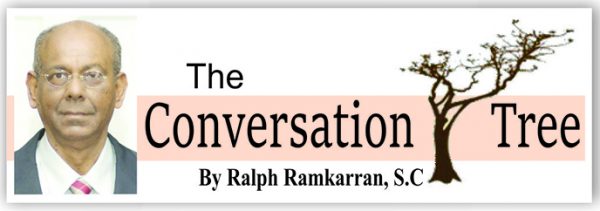
Thus, a multiplicity of schemes was devised. These included retaining on the voters’ list the names of persons who had died or migrated and padding the electoral list with fictitious names, impersonating and voting for persons who were legitimately on the list, securing proxies for employees from sympathetic or intimidated employers, postal votes and other devices. As these methods were exposed, different methods were rolled out at different elections. But a flawed electoral list was always a constant. That is why the elections due in 1990 was postponed for two years, by agreement with the then opposition after an intense campaign, in order to conduct a new registration exercise for a new voters’ list.
As is well known, numerous reforms were implemented for the 1992 elections and many more were introduced subsequently, from the registration of voters to the declaration of election results, with involvement of the political parties at every stage. While no system is foolproof, the reforms as a whole made it difficult to rig the results of elections in any meaningful way, although the potential still exists. For example, where the polling station is not monitored by a polling agent of the other political party, or the polling agent is violently expelled, the dominant party can cause votes for a modest number of those who have not voted by, say, 5 p.m., to be inserted in the ballot box. The opposition believes that this form of rigging, combined with the exclusion of 20 Indian sounding names from each polling division, thereby depriving them of their vote, will be enough to ensure a return of the APNU+AFC by dishonest electoral practices., which will be difficult to expose.
